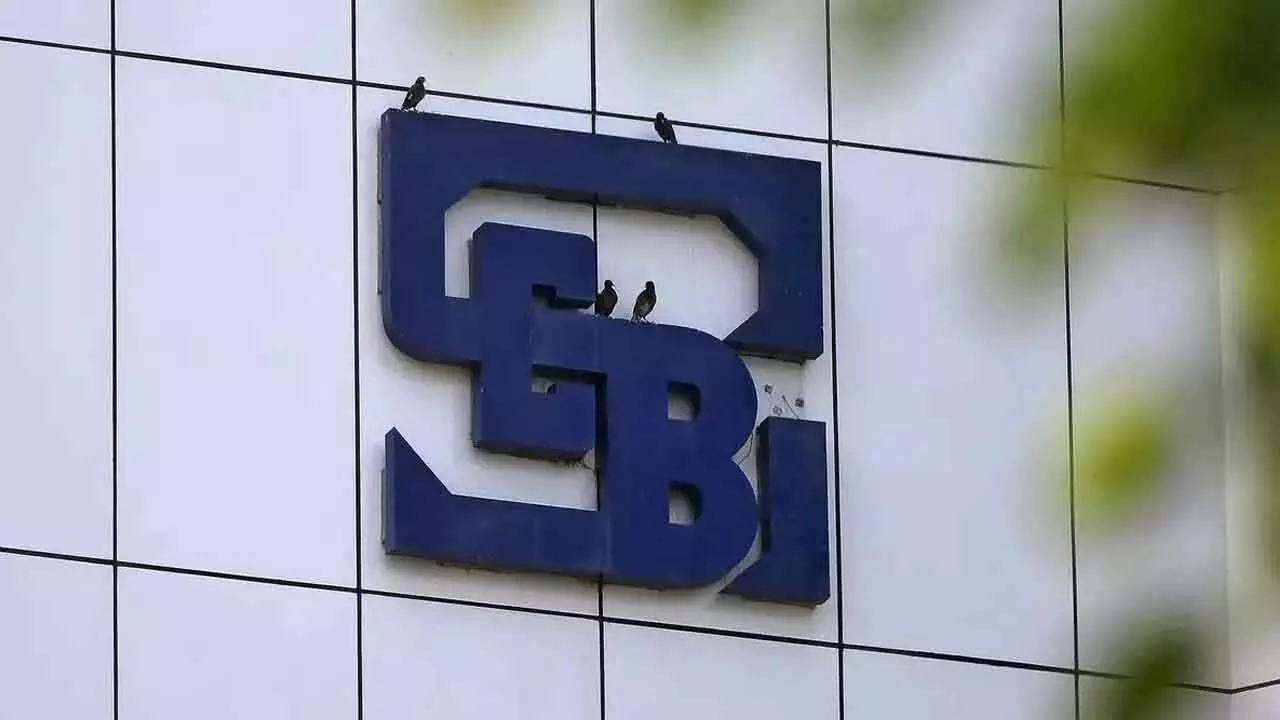Indian Startups Get a Double Boost: SEBI Eases ESOP Rules for Founders as VCs Flock to Secured Credit
SEBI's landmark decision to allow startup founders to retain ESOPs pre-IPO is set to ignite India's domestic listing market, encouraging "reverse flipping." This comes as venture capitalists increasingly pivot towards secured credit, signaling a maturing funding landscape and new avenues for startup growth.
Indian Startups Get a Double Boost: SEBI Eases ESOP Rules for Founders as VCs Flock to Secured Credit

In a landmark move poised to reshape India's burgeoning startup landscape, the Securities and Exchange Board of India (SEBI) has announced a significant relaxation of its Employee Stock Option Plan (ESOP) regulations for startup founders. This progressive change is expected to significantly ease the path for Indian tech companies to go public domestically, a timely development given the simultaneous shift of venture capitalists (VCs) towards more stable, secured credit opportunities within the country.
A Game Changer for Founders and Domestic IPOs
Under the newly revised SEBI norms, startup founders, who are typically classified as promoters when filing their Draft Red Herring Prospectus (DRHP) for an IPO, will now be permitted to retain and exercise ESOPs granted to them at least one year prior to the DRHP submission. This marks a crucial departure from previous regulations, which often compelled founders to liquidate these valuable share-based benefits before an IPO.
Industry stakeholders have long argued that the old rules unfairly penalized the very individuals who poured their early efforts into building these companies. It also presented a significant hurdle for "reverse flipping" – the process where Indian startups, previously incorporated abroad for various advantages, choose to relocate their domicile back to India to list on domestic exchanges. By aligning with global best practices, SEBI's amendment is a powerful incentive for founders, fostering their long-term commitment and making India a more attractive destination for tech listings.
Why This Regulatory Shift Matters Immensely:
Founder Retention and Motivation: The ability to hold onto ESOPs post-IPO provides a tangible, long-term incentive for founders. This directly aligns their financial interests with the company's sustained growth in the public market, which is vital for retaining experienced leadership in India's highly competitive startup ecosystem.
Smoother IPO Journey: By eliminating the burdensome requirement of ESOP liquidation, SEBI has significantly streamlined the IPO process. This reduction in compliance friction is expected to encourage more Indian tech companies to consider domestic public listings, accelerating their journey from private to public.
Fostering Reverse Flipping: This relaxation is a direct boon for startups considering a "reverse flip." It removes a major disincentive, potentially leading to a wave of Indian companies choosing to base and list themselves entirely within the country, thereby strengthening the local capital market.
Enhanced Talent Attraction: ESOPs are a critical tool for startups to attract and retain top talent, especially in their nascent stages when cash salaries might be limited. The added clarity and flexibility in SEBI's regulations make ESOPs a more reliable and appealing component of compensation packages, bolstering the overall talent pool.
Venture Capitalists Shift Gears: The Rise of Secured Credit
Concurrently with SEBI's progressive ESOP reforms, the Indian venture capital scene is undergoing a notable evolution, with a discernible pivot towards secured credit and venture debt. This shift is a reflection of a broader recalibration in the funding environment, as VCs seek more stable, asset-backed, and less dilutive investment avenues.
Boom in Venture Debt: India's venture debt market has witnessed remarkable growth, swelling from an estimated $80 million in 2018 to a staggering $1.23 billion in 2024. Projections suggest this market could reach an impressive $5 billion within the next five years, signaling a growing appetite among VCs and alternative lenders for debt-based financing, often with an equity warrant component.
Focus on Fintech and Asset-Backed Lending: A significant portion of this secured credit drive is concentrated in the fintech sector. Digital lending startups, traditionally focused on unsecured consumer credit, are increasingly transitioning towards secured products like loans against property (LAP) or credit backed by mutual funds. This indicates a strategic preference for businesses with tangible collateral and more predictable cash flows.
Bridging Funding Gaps: As equity funding becomes more selective and valuations undergo adjustments, venture debt and secured credit are emerging as crucial bridge financing options. This allows startups to extend their operational runway, manage working capital, and pursue growth initiatives without immediate equity dilution.
Strategic Control for Founders: From a founder's perspective, securing debt financing can be a highly attractive alternative to traditional equity rounds. It enables them to retain a larger ownership stake in their company and maintain greater strategic control, which is often a key priority for entrepreneurs.
A Robust Future for Indian Innovation
These dual developments – SEBI's accommodating stance on ESOPs and the growing prominence of secured credit – paint a vibrant and dynamic picture for India's startup ecosystem. SEBI's reforms are a clear testament to the regulatory body's commitment to nurturing founders and promoting a robust domestic listing environment, potentially ushering in a new wave of IPOs. Simultaneously, the increasing flow of secured credit signifies the maturation of India's funding landscape, providing diverse and sustainable financing options for startups. This holistic approach is geared towards creating a resilient and innovative environment for entrepreneurship to thrive across India.

